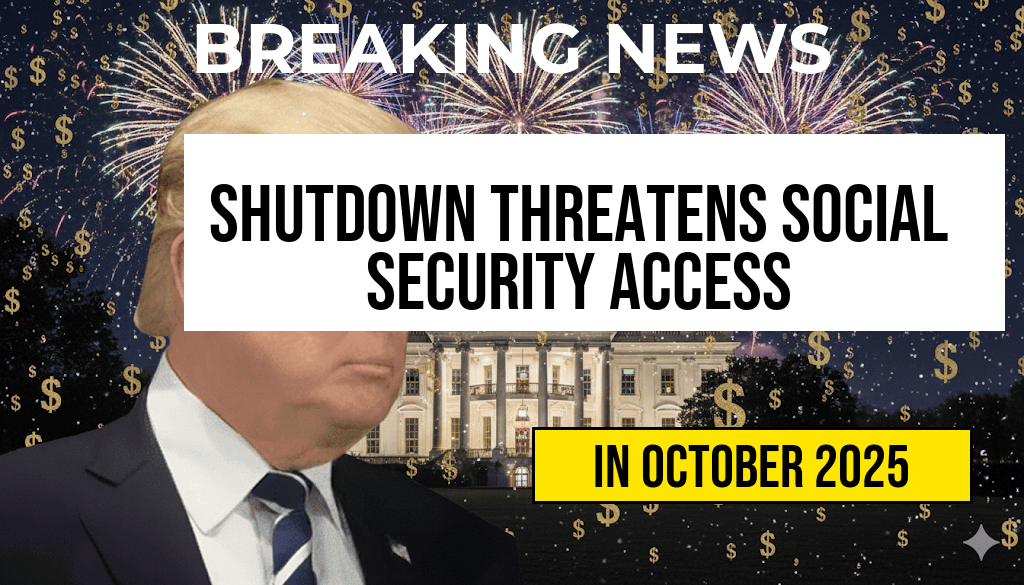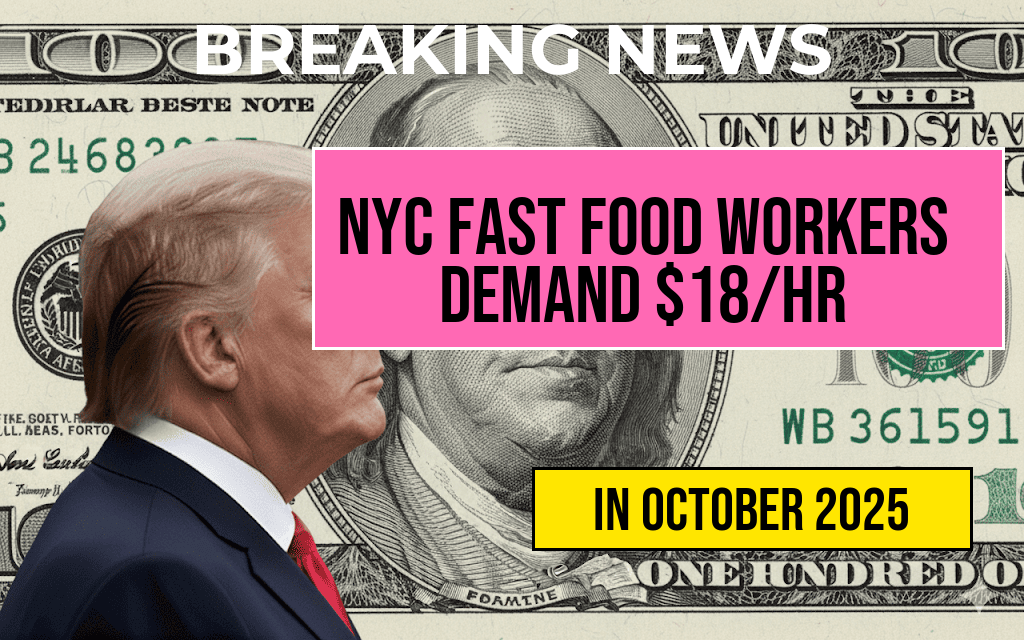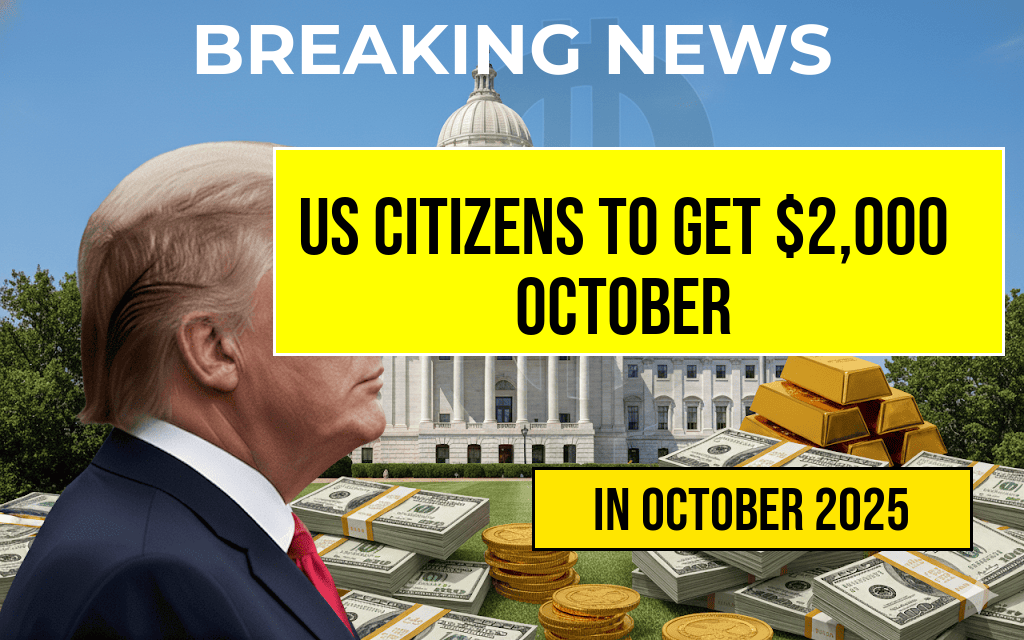The looming threat of a government shutdown has ignited concerns about disparities within the Social Security system, potentially creating two distinct classes of recipients. If a shutdown occurs, current beneficiaries are likely to continue receiving payments uninterrupted, as existing programs are typically protected under federal funding agreements. However, new applicants seeking Social Security benefits—including retirees, disabled workers, and survivors—may face a complete halt in processing claims and issuing payments, effectively leaving a significant portion of future beneficiaries in limbo. This scenario underscores the fragility of the social safety net amid political impasses, raising questions about the future access to vital support services for those just beginning their retirement or recovery journeys.
Potential Impact of a Government Shutdown on Social Security
Protection for Existing Beneficiaries
Historically, Congress has prioritized the continuation of Social Security payments during government shutdowns. This is due to the program’s status as a mandatory spending item, which is generally exempt from the appropriations process. As a result, current Social Security recipients are expected to see no disruption in their monthly checks, provided there are no broader fiscal crises affecting the Treasury’s ability to disburse funds. This safeguard aims to prevent immediate hardship for millions of Americans relying on these benefits for essentials such as housing, healthcare, and daily expenses.
Hindrance for New Applicants
Conversely, the process for new Social Security applicants could grind to a halt. The Social Security Administration (SSA) relies heavily on federal funding to process claims, conduct hearings, and issue payments. If appropriations lapse, new applications might be left unprocessed, leading to significant delays. This situation could stretch wait times from several weeks to several months, especially during a prolonged shutdown. Individuals nearing retirement age or those with urgent disability claims could find themselves stranded without the support they need, potentially exacerbating financial instability and health risks.
Legal and Administrative Frameworks at Play
| Aspect | Existing Beneficiaries | New Applicants |
|---|---|---|
| Payment Continuity | Generally protected; payments continue uninterrupted | Likely to be halted or delayed |
| Claim Processing | Ongoing, with minimal disruption | Potentially suspended until funding resumes |
| Appeals and Hearings | May experience delays, but ongoing cases usually protected | Likely postponed or canceled |
The legal distinction stems from the permanent funding status of Social Security, which is shielded by law from immediate budget cuts. However, the administrative functions necessary to process new claims and appeals are funded through annual appropriations, making them vulnerable during a shutdown. According to the Wikipedia overview of Social Security, this dichotomy has historically allowed ongoing benefit payments to continue while new applications face delays.
Broader Implications for Social Equity
Creating a Two-Tier System
The prospect of a shutdown effectively introduces a two-tier system within the Social Security framework, where current beneficiaries retain their benefits without interruption, but incoming applicants face systemic barriers. This divide risks deepening inequalities, particularly for vulnerable populations such as disabled individuals or those approaching retirement age without sufficient savings. The disparity could also impact future retirees who may find themselves unable to access benefits when they most need them, raising critical questions about the social contract and the system’s resilience.
Potential Policy Responses
Some policymakers have called for measures to buffer the impact of shutdowns on social programs. Proposals include establishing emergency funding mechanisms or legislative exceptions that safeguard claim processing, regardless of government funding status. Advocacy groups warn that failure to address these vulnerabilities could erode public confidence and undermine the social safety net’s integrity.
Expert Perspectives and Future Outlook
Experts from organizations like the Social Security Administration emphasize that while benefit payments to current recipients are typically maintained, the broader administrative disruptions could have lasting effects. Dr. Laura Jones, a policy analyst at the Urban Institute, notes, “Delays in processing new claims not only cause immediate hardship but also threaten the long-term trust in the system. Policymakers should consider safeguards that protect all beneficiaries, regardless of their entry point into the program.”
As political negotiations continue, the potential for a shutdown remains a significant concern. The consequences extend beyond temporary inconvenience, risking a structural divide that could influence the social fabric for years to come. Ensuring equitable access and maintaining the integrity of the Social Security system will require deliberate legislative action and bipartisan cooperation in the face of fiscal challenges.
Frequently Asked Questions
What is the main impact of a government shutdown on Social Security recipients?
During a government shutdown, existing Social Security beneficiaries typically continue to receive their benefits without interruption. However, new applicants face a complete halt in processing their claims, creating two distinct experiences for recipients.
Will current Social Security beneficiaries still get their payments during a shutdown?
Yes, current Social Security beneficiaries generally continue to receive their payments on schedule, as their benefits are considered essential and are protected during a government shutdown.
What happens to new Social Security applicants if a government shutdown occurs?
If a government shutdown happens, new Social Security applicants will likely face a complete halt in processing their claims, meaning they will not receive benefits until the government reopens and processing resumes.
Are there any differences in protections between existing and new Social Security recipients during a shutdown?
Yes, existing beneficiaries are protected and continue to receive benefits, whereas new applicants are often left in limbo, with their claims delayed or halted until government operations resume.
How might a government shutdown affect the overall Social Security system?
A government shutdown can cause delays in processing new claims and may create a two-tier system where existing beneficiaries are protected, but new applicants face significant hurdles, potentially impacting the system’s perceived fairness and accessibility.





